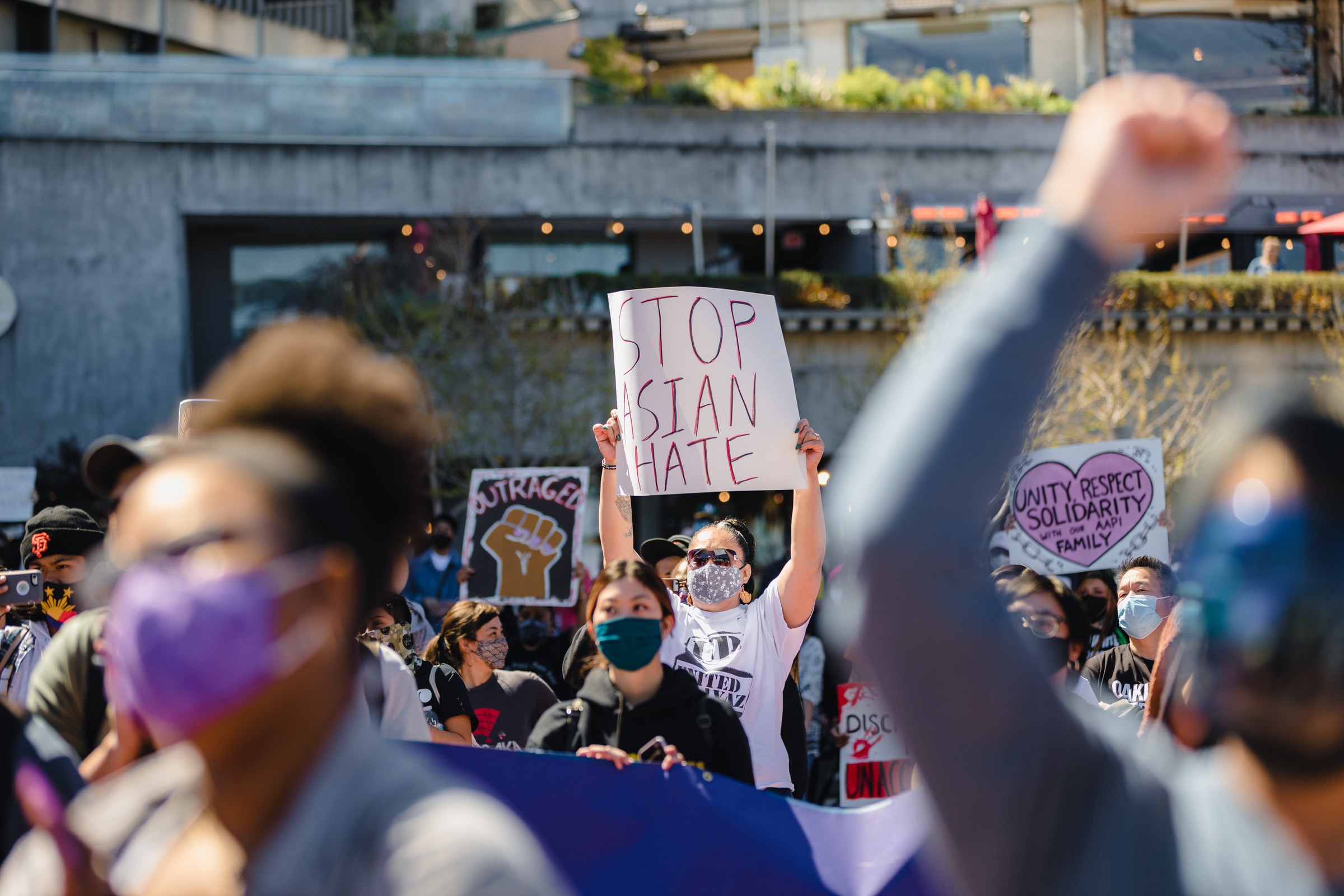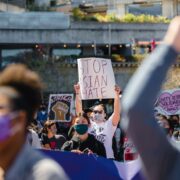
With a little more than a year out from the contentious 2022 midterm elections, among the most pressing issues that candidates are facing this year is one that is long overdue and could be politically costly: understanding the diverse Asian American community and improving Asian American outreach.
A new poll from POLITICO/Morning Consult released this week reveals a much more self-aware and politically invested AAPI community, which itself has historically been ignored in mainstream data gathering and surveying.
Because of the turbulence of the COVID-19 pandemic and the anti-Asian hate it helped produce, there have been dramatic shifts in the ways the Asian American and Pacific Islander (AAPI) community is perceived: by others and by itself.
The poll reveals a far more self-aware, self-assured and politically engaged AAPI community that is more willing to call out discrimination and vitriol.
The poll was conducted this past June and surveyed 2,000 adults from nearly 50 ethnic groups that make up the entire AAPI diaspora, and although the communities that make up the AAPI community are disparate, there were shared
A majority of AAPI adults surveyed, 71%, blame former President Donald Trump for the increased bigotry and hate against AAPIs. Trump’s rhetoric regarding the pandemic often included xenophobic language that created a false equivalency between the virus’ origins in China to anyone who looked remotely Chinese.
As the Asian Journal previously reported, Filipinos make up about 18% of the entire Asian and Pacific Islander (API) community, making it the third-largest Asian origin group in the nation.
According to the poll, 49% of Filipinos square the blame on the former president for the increase in anti-Asian discrimination.
But among all other AAPI groups, Filipinos are less likely to actually place blame: 66% of Chinese Americans, 63% of Japanese Americans, 59% of Korean Americans, 54% of Vietnamese Americans and 52 % of Indian Americans surveyed blame Trump.
Among the Filipinos surveyed, 46% see discrimination as a threat, while 61% and 66% see white supremacy and violence as threats, respectively.
Since the onset of the COVID-19 pandemic — which became a breeding ground for anti-Asian resentment, hate, and violence due to the false equivalency between anyone who looked Chinese and the virus’ known origins in China — the advocacy group Stop AAPI Hate has tracked more than 9,000 reported incidents of hate incidents directed at Asians and Asian Americans.
While the pandemic provided a necessary albeit costly jumping-off point, the hypervisibility of the AAPI community now is helping folks outside of the community understand AAPIs with greater contexts.
American Studies professor Janelle Wong of the University of Maryland, College Park told POLITICO that political and social outreach to the AAPI community mainly centered around immigration and education, zeroing in on the “forever foreigner” and “model minority” stereotypes that stymie progress for the vast and diverse community.
“This is to me what should have happened long ago among those who have been trying to mobilize Asian Americans — and that is focusing on racial bias and racial discrimination as something that is very important to Asian Americans as a whole,” Wong said.
Political campaigns and candidates have a problematic history in shutting out the AAPI community because it represents a relatively small portion of the overall American population, tends to reside in less politically crucial districts, and takes far more preparation and resources to target the multilingual community and understand each culture’s unique needs.
While ethnic and racial representation has become a major talking point, AAPI politicians and candidates have harnessed their racial backgrounds in the last few years with little to no avail — like the divisive Andrew Yang, who ran for president in 2020 but failed to garner majority AAPI support.
The study found that a vast majority, 87%, of AAPIs feel most represented when elected officials share their values, regardless of their race. The 30% who want politicians to look like them and the 43% who want politicians from similar backgrounds paled in comparison.
“Just appealing on the basis of ‘common identity’ was often quite difficult because the community is remarkably diverse,” said Taeku Lee, UC Berkeley professor. “What often works is this shared sense of threat or hardship.”






